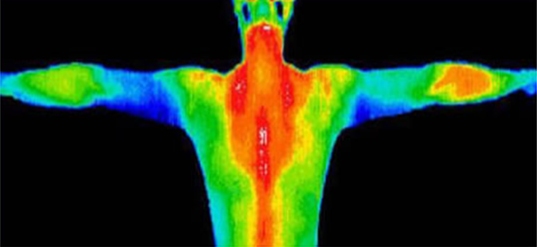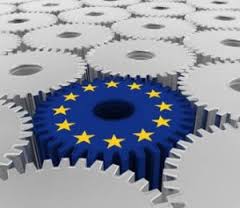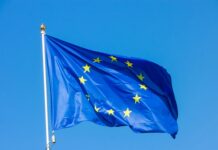
Based on your experience as external consultant, what are the advantages deriving from implementing the actions of energy efficiency and rational use of energy?
I should like to start by saying that I deal with, above all the retail market and especially, the commerce companies such as supermarkets and hotels. These are the specific sectors which, despite their specificity, represent a world that is decisively “simpler” than for instance, the manufacturing sector. In no instance undertaking actions related to the energy efficiency may be reduced to the simple application of a technology or replacement of equipment. It must be a mix of actions that brings a valuable result which should vary according to the situation.
The advantages that may be achieved are numerous and their extent depends on the ability to take action in all the aspects of the critical issues of the intense energy consumption system under analysis. In a supermarket the most critical issues are certainly air-conditioning and lightning: when it comes to the costs, in the case of older buildings, it will be more difficult to achieve the same result as in a newly built object designed according to the recent standards.
There also has to be considered – what only few people do – the philosophical aspect of the problem: when we refer to the advantages of actions of energy efficiency and rational use of energy, it would be necessary to determine the entities for which such advantages are intended. If we refer to an entity of enterprise, it is obvious that it tend to consider all issues in terms of economic saving, the return on investment and at the most, the consolidation of its own brand. If in turn we observe the question from the collective point of view, it is justified to think how sensitiveness is different and that the cost and benefit relationship appears less binding. An increasing number of people becomes sensitive to the environmental matters and they are ready to change their own lifestyles in order to contribute in some extend to the reduction in the environmental impact of our activities.
What was the economic impact of these activities on the budget?
It depends on the advancement level that one wants to reach when deciding on implementation of an energy efficiency program and on the capacity to influence the real energy cost centers of the structure or the activity. A well-conducted analysis, which cuts the light on the real critical issues, may bring important investments, but it ensures acceptable returns on investment to the extent to which it solves out the problem.
If an ice-cream parlor or a pastry laboratory with obsolete and old equipment and machines decided to replace them, they would generate significant savings, but the payback time might be long. As an alternative, they could chose to deal with the consumption of old equipment by introducing smart electricity control systems, which would entail much lower investment and a 15%/20% reduction in the cost on the previous power bill. If they reinvested the obtained saving, they could then gradually replace the old machines with the better performing ones. The change of approach changes the terms of assessment and thus the payback. The assessments needs to be made upon completion of the operation, considering also the financial charges. Certainly, the lack of undertaking initiative is risky, because the energy costs are increasingly determining for the businesses for which electricity consumption is key for their activity.
The companies I work with (small-/middle-sized commerce or artisan companies) a return on investment in 3/6 years seems a great result.
What funds were used to complete those projects?
The ESCO I cooperate with, which operates at the national level and in all economic scenarios, offers a fairly good range of financial instruments: from the most traditional ones to the possibility of leasing of specific, particularly efficient and innovative technologies. The financing through the traditional banking system is still the most natural and immediate way for my clients. Unfortunately, banks are oriented to the assessments based exclusively on the entity’s economic capacity and never on the project relevance. It is a problem, which at least for the time being, is absolutely irresolvable.
How can an external EGE consultant form part of those measures for efficiency?
A trust-based relationship between the parties is fundamental. But there is more to it: very big companies have their internal managers who deal with energy and it is obvious that they have a more direct vision of all the goals and issues related to the process and product. Within smaller companies, the aspects of propriety often have to be dealt with directly. Yet, the dynamics here is not simple: the only way to obtain results is to understand well what the client expects to obtain and how much they are ready to invest, attempting to focus well on the priorities and critical issues.
Is the regulatory framework for energy efficiency clear and complete?
The regulations are in place and in numerous cases they are not even too complex. It is the entities in charge, which is necessary to contact, that then complicate everything with unacceptable delays and absurd and frequently contradictory internal regulations.
Per ricevere quotidianamente i nostri aggiornamenti su energia e transizione ecologica, basta iscriversi alla nostra newsletter gratuita
e riproduzione totale o parziale in qualunque formato degli articoli presenti sul sito.



















